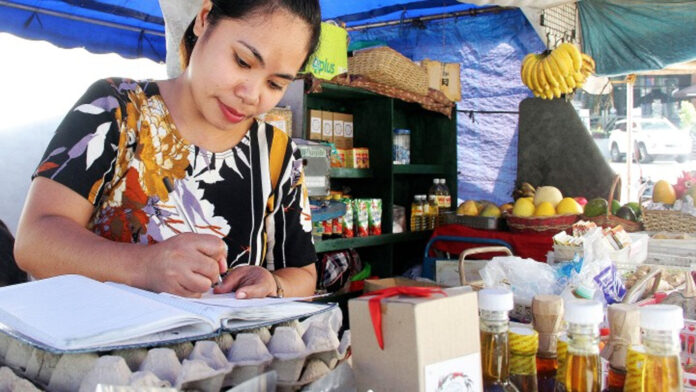There is no need to ask for special powers to ease inflation, President Ferdinand R. Marcos Jr. said Wednesday, noting that several interventions are already in place to manage the prices of basic commodities.
Marcos made the remark a day after the Bangko Sentral ng Pilipinas (BSP) reported that the country’s headline inflation could surpass the 9 percent level in February because of high prices of cooking gas and key food items.
“I do not think that it is necessary to ask for special powers,” he said in a chance interview on the sidelines of an event at the Rizal Park, when asked if he is considering asking Congress to grant him special powers to curb inflation.
“I already have the power to declare an emergency and to control the prices of commodities. So, I don’t think there’s any need for more than that. That is efficient,” he added.
On Tuesday, the BSP said the inflation rate in February may fall within the range of 8.5 to 9.3 percent, citing the upside risks from higher prices of cooking gas and food items such as pork, fish, egg, and sugar.
Despite the BSP’s latest forecast, Marcos remained bullish that consumer prices would go down, saying his administration is exhausting all efforts to boost the supply of agricultural products.
“The other elements of inflation hindi natin masyado ma-control, kaya meron tayong ginagawang ganito para makabawi naman doon sa pagtaas ng presyo (We could not control the other elements of inflation, that’s why we are making a way to address the rise in prices of basic commodities),” he said.
Several lawmakers, including House Speaker Martin Romualdez, have expressed openness to granting Marcos special powers to curtail inflation.
In January, inflation accelerated further to 8.7 percent from 8.1 percent posted in December 2022.
Socioeconomic Planning Secretary Arsenio Balisacan earlier said the Marcos administration is focused on helping individuals from the poor and vulnerable sectors who are bearing the brunt of increasing prices of basic commodities.
Balisacan also said the government has identified measures to keep food price movements, consistent with the government’s inflation and food security objectives, with higher agricultural productivity, food supply augmentation and energy security seen as priorities to temper upward price pressures. (PNA)


